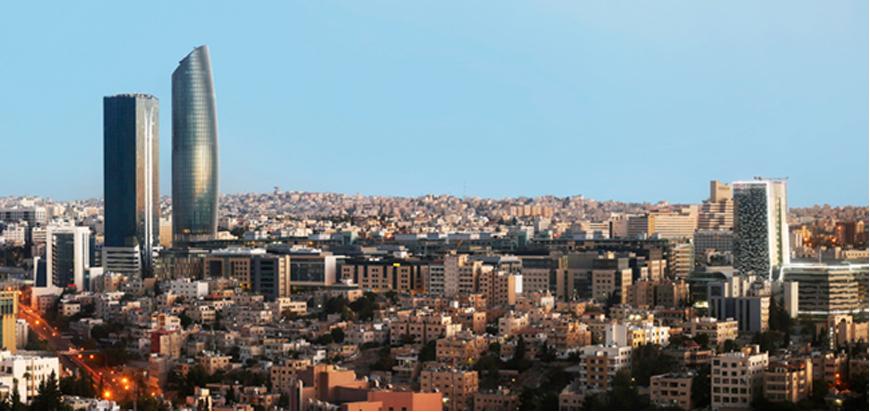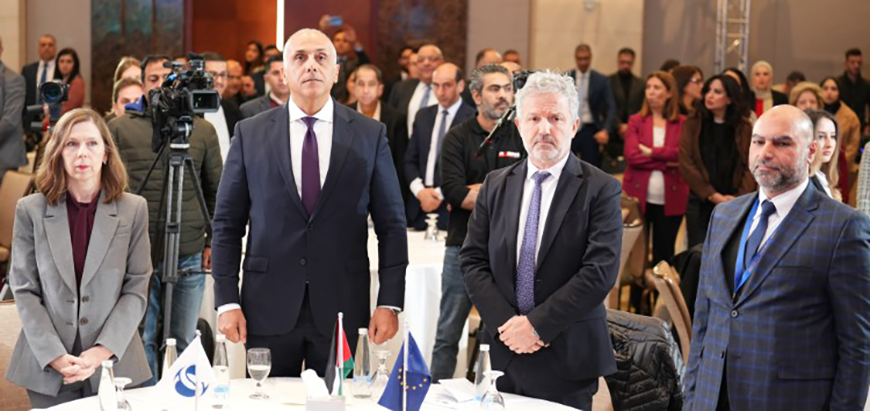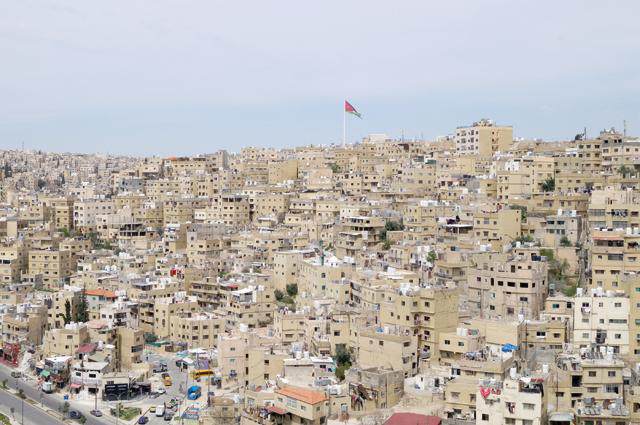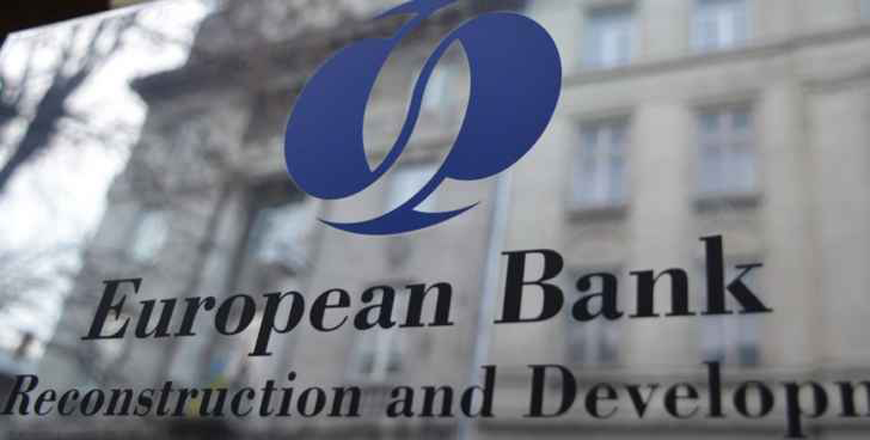You are here
EBRD, EU and GCF support green investments in Jordan
By JT - Aug 18,2022 - Last updated at Aug 18,2022

Since 2012, the European Bank for Reconstruction and Development has provided more than 1.8 billion euros through 64 projects in Jordan (Photo courtesy of EBRD)
AMMAN — The European Bank for Reconstruction and Development (EBRD) and Bank Al Etihad of Jordan have signed a $10 million Green Economy Financing Facility (GEFF) that includes $0.5 million of co-financing from the Green Climate Fund (GCF).
The package is complemented by investment incentive grants provided by the European Union (EU), totalling up to 1.125 million euros, and by technical assistance support from multiple donors, according to an EBRD statement.
The facility will be on-lent to local private micro, small and medium-sized enterprises (MSMEs) in Jordan for investment in climate change adaptation and mitigation technologies and services.
This partnership marks the first EBRD Green Economy Financing Facility (GEFF) with a Jordanian bank, the statement said.
The investments will bolster the development of an environmentally sustainable, low-carbon and climate-resilient economy in Jordan, a country that suffers from water scarcity and is among those with the highest annual growth rates for energy demand while also fully dependent on energy imports, read the statement.
The financing will support individuals, local private MSMEs and technology suppliers, through sub-loans to finance investments in climate adaptation and mitigation technologies and services, the statement said.
A comprehensive technical cooperation (TC) package funded by the EBRD, EU and GCF will support Bank al Etihad in its deployment of the facility. The TC will include an assessment of the optimal technologies for better integrating climate change practices into the targeted local private MSMEs and households.
Technical advice will be available on how to implement the energy investments. The TC package will also include sessions to raise awareness and build capacity in relation to climate change mitigation and adaptation technologies. For eligible sub-borrowers, investment incentives funded by the European Union are expected to accelerate the adoption of these technologies and services by the MSMEs and households, according to the statement.
EBRD Director for the eastern Mediterranean region, Philip ter Woort, said: “A key strategic priority for the EBRD in Jordan is to support investment in renewables and energy efficiency projects, for which we see a growing demand in the country. I am very pleased that we are supporting our long-term partner Bank al Etihad with this first EBRD Green Economy Financing Facility in Jordan with a Jordanian bank. This programme relies on strong donor funding and I am grateful to the EU and GCF for their crucial support. I hope that the new partnership with Bank Al Etihad will contribute to more resilient and sustainable growth of the Jordanian economy.”
The European Union Ambassador to Jordan, Maria Hadjitheodosiou, stressed that “through the Green Economy Financing Facility (GEFF), Bank Al Etihad is offering new financing opportunities to micro, small and medium enterprises (MSMEs). This reflects the private sector’s leadership in supporting economic development as well as job creation. Equally important, the bank has an important role in guiding MSMEs sustainable economic opportunities.”
Bank al Etihad’s CEO, Nadia Al Saeed, commented: “This partnership is one of the many concrete steps we are taking to transition to a more sustainable and climate-resilient business model. We hope our partnership with the EBRD will help us make a meaningful impact and protect resources for the next generations.”
Bank al Etihad is the fourth-largest bank in Jordan in terms of total assets and is listed on the Amman Stock Exchange. Across the country, Bank al Etihad serves corporate, SME and retail clients through its 59 branches.
Since 2012, the EBRD has provided more than 1.8 billion euros through 64 projects in Jordan, of which 69 per cent are in the private sector, including financial support to the Jordanian banking sector through MSME loans, subordinated debt and trade finance facilities.
Related Articles
AMMAN — The European Bank for Reconstruction and Development (EBRD), the European Union (EU) and the Green Climate Fund (GCF) joined forces to host a Green Growth Conference on Tuesday to promote the impact of the Green Economy Financing Facility (GEFF) programme in Jordan.
AMMAN — The European Bank for Reconstruction and Development (EBRD), the European Union (EU) and the Green Climate Fund (GCF) have launched
AMMAN — The European Bank for Reconstruction and Development (EBRD), the European Union (EU) and the Green Climate Fund (GCF), are actively

















